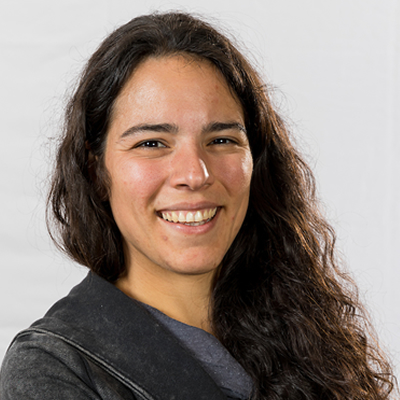Altered self-reactivity of CD1d-lipid restricted “Natural Killer T cells” by sulfa-like drugs
AIFA Research Grant 2020
Dr Catarina Dos Santos Sa e Almeida, The University of Melbourne, Victoria.
Sulfonamide antibiotics, or sulfa drugs, have been a mainstay of anti-microbial and anti-inflammatory therapeutics for decades. Despite that, these can cause allergic reactions that range from a mild rash to a severe blistering rash, through to the most severe type of allergic reaction (anaphylaxis). The cause of this is currently unknown, and the only viable option is to avoid these drugs in susceptible patients. The main diagnostics test for this involves detection of a soluble factor produced by an unknown (presumably T cell) population. The overall incidence of adverse drug reactions to sulfa antibiotics is approximately 2-5% of the population, which is close to penicillin, and has highest incidence (>30%) amongst immunocompromised individuals.
Recently a team of researchers at the University of Melbourne working with researchers at the Harvard Medical School, has identified a new mechanism through which a class of non-lipid molecules that can bind the lipid-presenting molecule CD1d and alter the self-reactivity of an unexplored subset of lipid-CD1d restricted unconventional T cells termed “Natural Killer T cells” (NKT) in humans. Importantly, these small non-lipid molecules have a core structure that resembles that of sulfa drugs, which seems to implicate NKT cells in sulfa allergies.
NKT cells are a well-described family of unconventional T cells (not restricted to the recognition of peptides or MHC/HLA molecules) with strong potential to modulate the immune system. Extensive research has linked them to immune-responses, such as those associated with cancer, infection, autoimmunity and allergies.
Dr Almeida’s team within the Godfrey lab at the university of Melbourne will collaborate with Dr Jason Trubiano, a clinician at the Austin Health with key expertise in antibiotic allergy and access to clinically relevant samples, to investigate if the CD1d/NKT cell axis is involved in sulfa drug hypersensitivity reactions. Addressing this completely new hypothesis may help solve a longstanding problem that currently limits the use of such a valuable drug family. This could lead to the improvement of the current diagnostic tests, policy for drug administration, and the development of new immune-based therapies.
AIFA awarded a grant of $30,000 to undertake this novel research.


